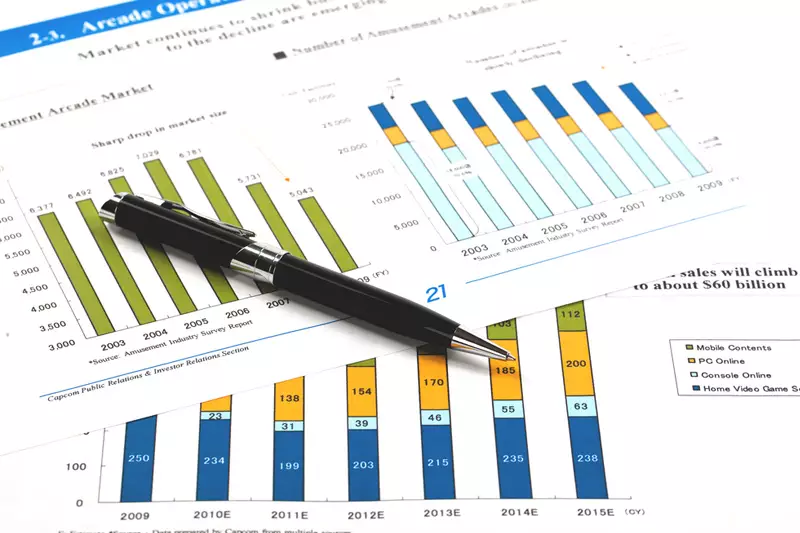In the wake of a significant political upheaval in France, characterized by the unexpected collapse of Prime Minister Michel Barnier’s government, the landscape of French debt has undergone a notable transformation. Remarkably, following this tumultuous event, the risk premium associated with French bonds displayed a downward trend for the first time in over ten years. Investors, who previously sought higher yields as insurance against potential defaults, began to recalibrate their expectations, leading to a reduction in the yield premium. As of Thursday, this premium fell by 3 basis points, settling at 80.90 basis points, after peaking at 90 basis points earlier in the week—the widest spread since 2012.
Market Sentiment: Anticipating a Crisis?
Market participants had anticipated a restrained response to the government’s collapse, possibly driven by a “buy on rumors, sell on news” strategy. This approach suggests that investors may initially react to speculation of political instability, only to reassess their position once the event materializes. Despite this expectation, analysts have raised concerns about a prolonged period of instability in France, with implications for the country’s sovereign creditworthiness and economic trajectory. Critically, the proposed budget amendments aimed at achieving fiscal discipline—incorporating €60 billion in spending cuts and tax increases—have provoked skepticism. The plan seeks to reduce France’s fiscal deficit to 5.1% of GDP by 2025, a target that could be difficult to achieve amid growing economic uncertainties.
Eurozone Influences and Broader Economic Context
The political uncertainty in France has not occurred in isolation. The broader Eurozone continues to experience fluctuating borrowing costs, influenced largely by upcoming economic data releases from the United States. Investors remain on edge, particularly in anticipation of employment statistics that could sway expectations regarding the Federal Reserve’s monetary policy decisions. In a recent announcement, Fed Chair Jerome Powell indicated that the U.S. economy is outperforming previous forecasts, raising speculation about a potential slowdown in the pace of interest rate cuts—an element that could substantially impact European economies as well.
The interplay between political developments in France and market reactions underscores a critical juncture for the nation’s fiscal landscape. With a faltering government and ambitious budget proposals on the table, investors may need to brace for further volatility. The implications of France’s political instability extend beyond its borders, influencing Eurozone dynamics and global investor sentiment. As the situation develops, stakeholders will be closely monitoring economic indicators that could provide insights into the sustainability of recovery efforts and fiscal health moving forward.

